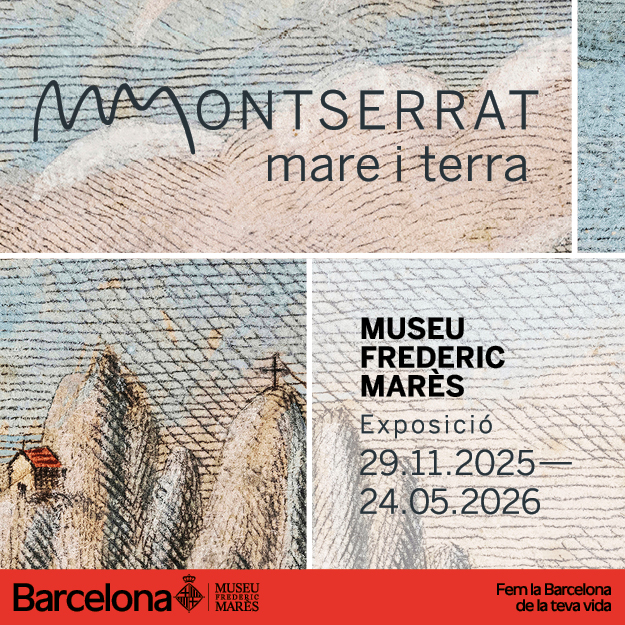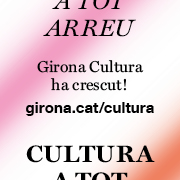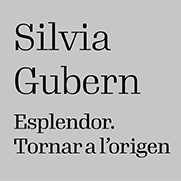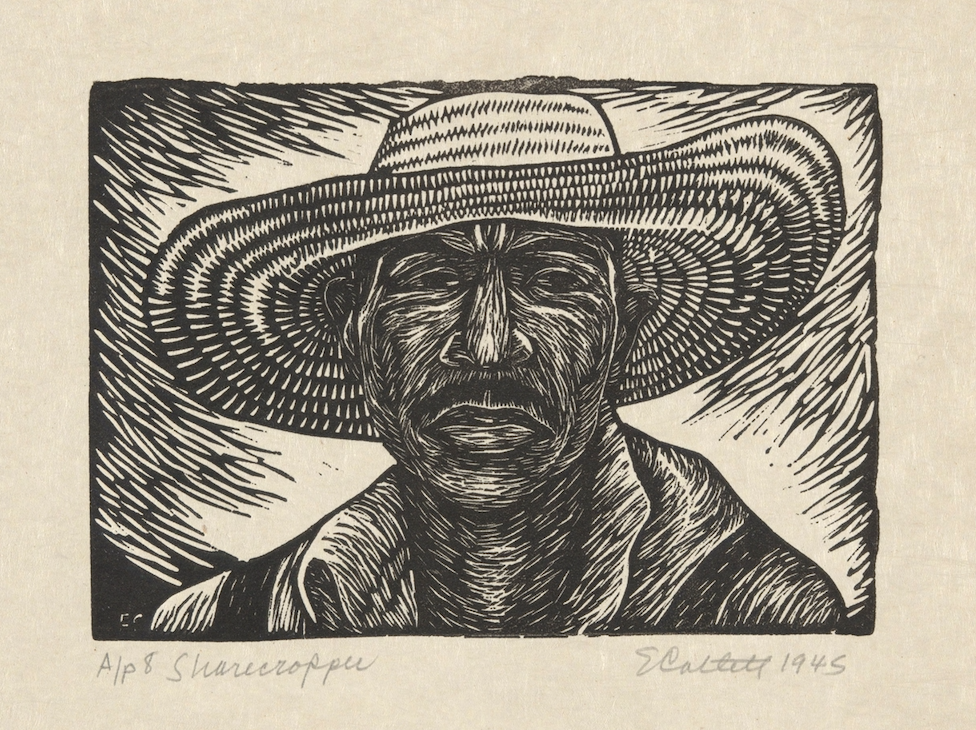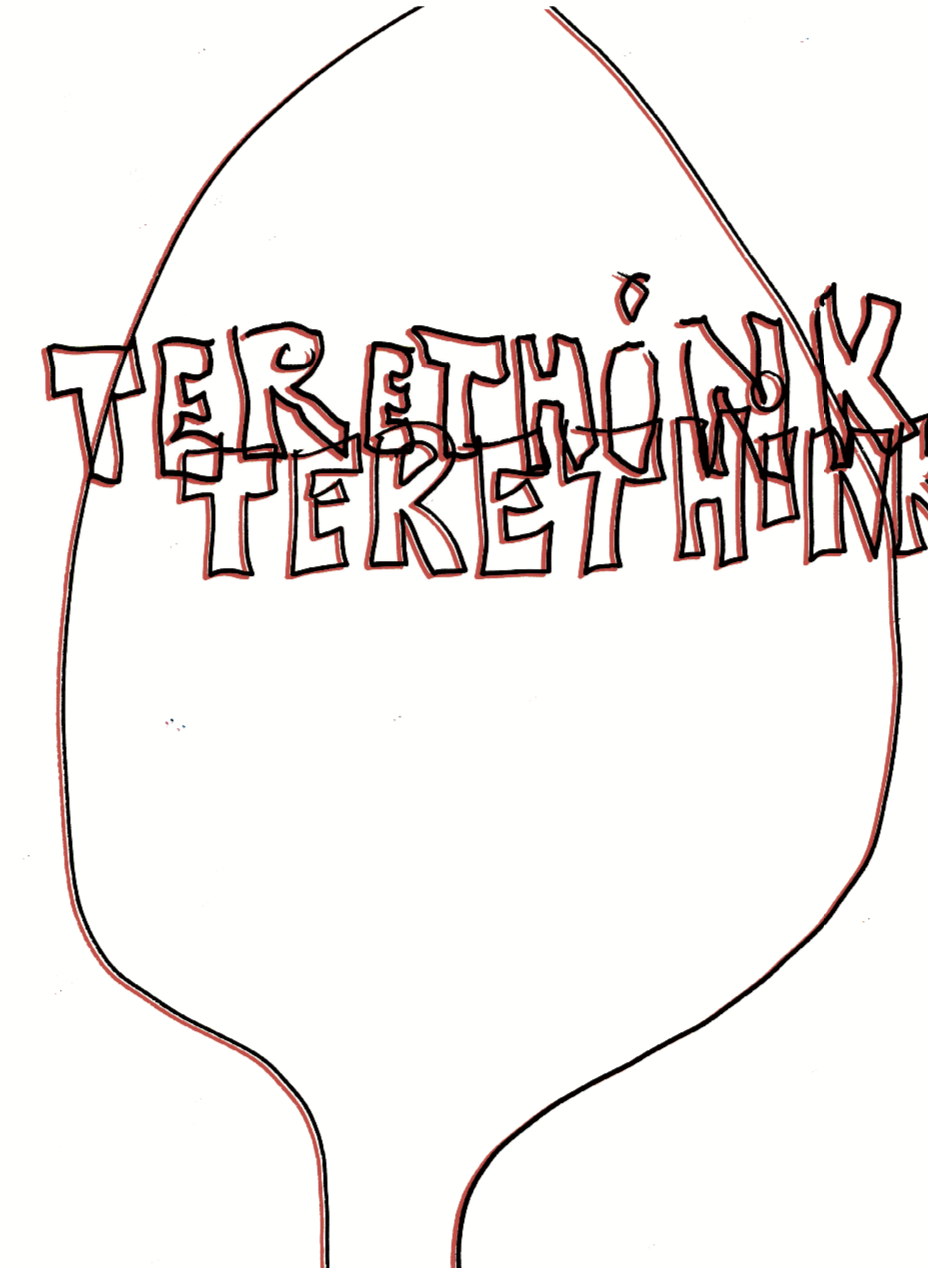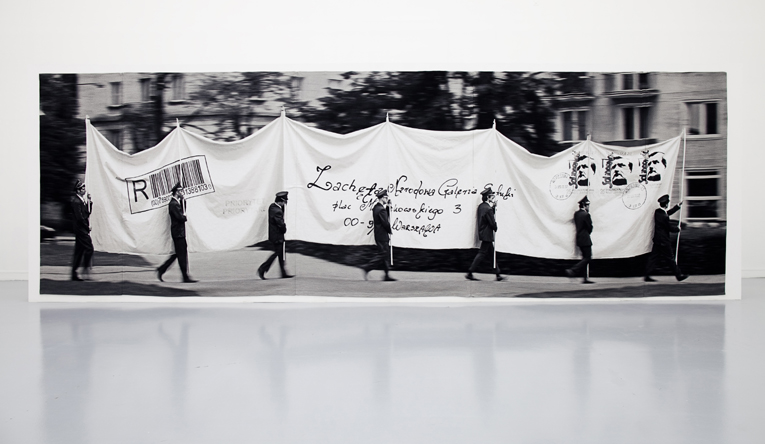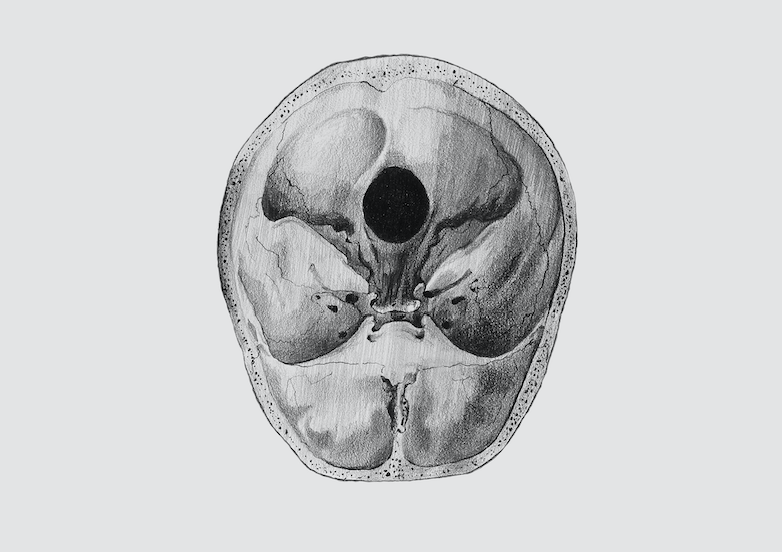Exhibitions
Alán Carrasco inaugurates "Everyone talks about time. We don't" at DNA Gallery
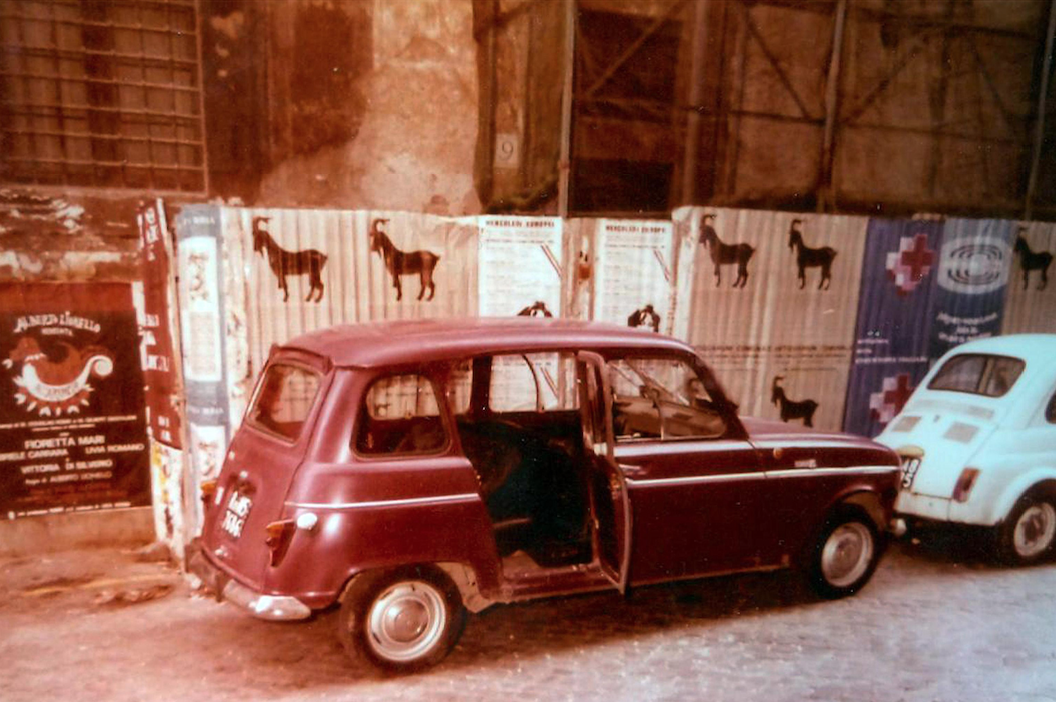
On March 19 from 12 noon. The new temporary exhibition at the DNA Gallery in Barcelona, presented by the artist Alán Carrasco (Burgos-Spain, 1986) entitled Tothom parla del temps, opens at noon. We don't.
In this exhibition, Carrasco exhibits a series of unpublished works (sculptures, installations and paintings) that he made during his recent stay at the Spanish Academy in Rome.
Historian Enzo Traverso points out in his Melancholy of the Left (2019) that, after the fall of the Berlin Wall - which he recognizes as the end of utopia - those who had participated in the revolutionary movements in the 1960s and 1970s they found a sad view of history dating back to the defeats of the 1930s. Thus, the full implantation of capitalism would have given rise to a kind of "political melancholy" marked by frustration and the absence of new emancipatory projects.
Throughout this exhibition, the artist raises this melancholy with the aim of grouping a set of works that move between irony and gravity, in relation to the processes of change in recent European history.
Through a dozen pieces of a heterogeneous nature - video, installation, sculpture and painting - the artist offers a critical look at some political processes in Europe in the last half of the twentieth century. The analysis of these processes serves Carrasco to question, as is usual in his work, the strategies with which they resemble and construct the narratives that go on to shape official history.
Students of the 60s and political melancholy
The title of the show, “Everyone talks about time. We do not ”, has its origin in an action of the German Socialist Federation of Students in the sixties that, appropriating the well-known motto of an advertising campaign, tried to alert the population of the need to talk about the issues that they are really important.
With this metaphor, the exhibition brings together a series of works articulated mainly around four blocks, with unexpected vanishing points and intersections between them the Spanish Transition (1975 - 1982); the socio-political violence in Germany in the 1970s (from the armed start of the RAF to the 1977 escalation known as the "German Autumn"), and the Anni di piombo (Lead Years) in Italy between 1969 and the end of transversal to all of them the foquismo appears: a strategy of guerilla combat that, in its attempt to implant itself in Europe, would take its architects to the defeat.
In this way the artist focuses on invisible connections that open up the possibility of alternative narratives, with which we invite you to rethink and question the hegemonic narrative. With this project, in short, Alán Carrasco shows an interconnected vision of history where chance and causality lead us to this path of political melancholy that runs in the transition between utopia and memory.
Alán Carrasco is a visual artist and doctoral researcher. His artistic production is conceptually linked to his theoretical research work. In this way, his work focuses on the mechanisms of construction of official narratives, paying special attention to narrative strategies such as the selective induction of memory and oblivion and the function of iconoclasm.
His work has been exhibited at the MACBA Museum of Contemporary Art in Barcelona; CAB Burgos Center for Contemporary Art; Sala Amós Salvador, Logroño; Maus Contemporary, Birmingham; Whitebox Harlem, New York; BIENALSUR South American International Biennial; Lo Pati Terres de l'Ebre Art Center, and all over Spain.
The exhibition can be visited until May 14. Gallery hours are Monday through Friday from 9:30 a.m. to 7:30 p.m. and on Saturdays from 11 a.m. to 3 p.m.


